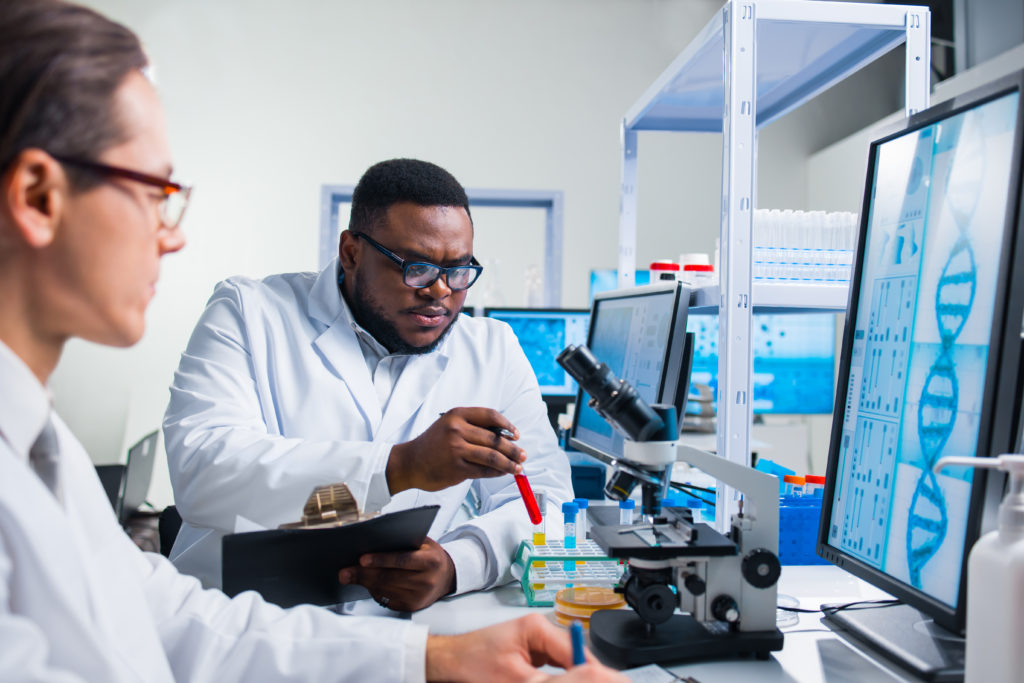Quick Hits
Daily brief research updates from the cognitive sciences

We all know that just about anything in the world is produced by teams. This has never been more true than in scientific disciplines with team dependencies increasing over the years as research topics have become more complex and collaboration in teams is essential (ditch that sole scientific genius stereotype, please).
There has been a lot of work on team collaboration, but one interesting aspect is of freshness of teams. In this context fresh doesn’t mean well slept and recovered – though that would be important also. Here freshness refers to how long teams or the members have worked together and how many members are new or fresh. This has not been researched previously.
Enter Zeng et al. from Bar-Ilann University. They systematically measured the originality and multi-disciplinary impact of scientific teams and their published papers. They then systematically measured the team freshness by measuring how often and how long team members had previously collaborated together.
What they found is that fresher teams created studies with higher originality and greater multidisciplinary impact. This effect was larger in larger teams. This therefore suggest that getting new team members is important for scientific teams – this seems to beat just new collaboration opportunities. What was also surprising, maybe, is that younger teams, those with less experience, increased the originality and diversity impact.
This may go against standard thinking whereby experienced scientists might be considered more beneficial. Likely there is a good balance. But these results show that freshness either in terms of experience and in teams is important for quality of output!
I imagine this could transfer to many teams in business also. Let’s hope that research will come along soon. But for now, if you have a team you might want to consider its freshness if you want original and impactful ideas.

Andy Habermacher
Andy is author of leading brains Review, Neuroleadership, and multiple other books. He has been intensively involved in writing and research into neuroleadership and is considered one of Europe’s leading experts. He is also a well-known public speaker, speaking on the brain and human behaviour.
Andy is also a masters athlete (middle distance running) and competes regularly at international competitions (and holds a few national records in his age category).
Reference
An Zeng, Ying Fan, Zengru Di, Yougui Wang, Shlomo Havlin.
Fresh teams are associated with original and multidisciplinary research.
Nature Human Behaviour, 2021
DOI: 10.1038/s41562-021-01084-x
More Quick Hits
How Sleep Helps Your Brain Manage Fear
Quick HitsDaily brief research updates from the cognitive sciences leep on i” is common advice for many reasons. Often to consolidate thoughts and help boost creativity. This is a well-known effect. We also know that sleep is the time that helps to...
Video games can boost children’s intelligence
Quick HitsDaily brief research updates from the cognitive sciences ell, this is not the answer many of us would expect, and it goes against other logic of spending more time doing other things such as reading or socialising with friends...
Just how many people get COVID brain?
Quick HitsDaily brief research updates from the cognitive sciences here are many questions still open about COVID and the brain. There is no doubt that long COVID exists, and this can have dramatic impacts on people’s lives. But just how...
Brain networks and losing weight – successfully or not
Quick HitsDaily brief research updates from the cognitive sciences s weight loss all in the mind? Well, with the danger of oversimplifying a complex topic, this latest research shows it is, and shows precisely how and with what networks. So,...
Reversing aging – with poo!
Quick HitsDaily brief research updates from the cognitive sciences ho wouldn't want to age better - well the results of an unsual study are in and the results are promising and may make many of you who are aging prick up your ears. The...
Brisk walking slows biological aging
Quick HitsDaily brief research updates from the cognitive sciences f you want to age better, then walk quicker, or those who walk quicker, age slower. That is the result of a recent study of 400,000 UK adults mapped to genetic markers of age...






